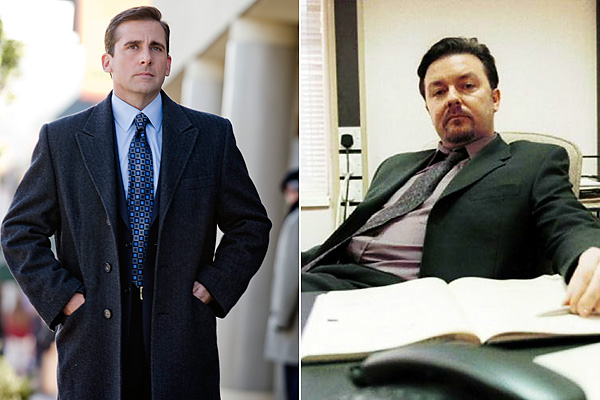
It’s often dangerous to generalize, but under threat, I would say that Americans are more “down the line.” They don’t hide their hopes and fears. They applaud ambition and openly reward success. Brits are more comfortable with life’s losers. We embrace the underdog until it’s no longer the underdog. We like to bring authority down a peg or two. Just for the hell of it. Americans say, “have a nice day” whether they mean it or not. Brits are terrified to say this. We tell ourselves it’s because we don’t want to sound insincere but I think it might be for the opposite reason. We don’t want to celebrate anything too soon. Failure and disappointment lurk around every corner. This is due to our upbringing. Americans are brought up to believe they can be the next president of the United States. Brits are told, “It won’t happen for you.”
There’s a received wisdom in the U.K. that Americans don’t get irony. This is of course not true. But what is true is that they don’t use it all the time. It shows up in the smarter comedies but Americans don’t use it as much socially as Brits. We use it as liberally as prepositions in every day speech. We tease our friends. We use sarcasm as a shield and a weapon. We avoid sincerity until it’s absolutely necessary. We mercilessly take the piss out of people we like or dislike basically. And ourselves. This is very important. Our brashness and swagger is laden with equal portions of self-deprecation. This is our license to hand it out.
This can sometimes be perceived as nasty if the recipients aren’t used to it. It isn’t. It’s play fighting. It’s almost a sign of affection if we like you, and ego bursting if we don’t. You just have to know which one it is.
I guess the biggest difference between the U.S. version and the U.K. version of The Office reflected this. We had to make Michael Scott a slightly nicer guy, with a rosier outlook to life. He could still be childish, and insecure, and even a bore, but he couldn’t be too mean. The irony is of course that I think David Brent’s dark descension and eventual redemption made him all the more compelling. But I think that’s a lot more palatable in Britain for the reasons already stated. Brits almost expect doom and gloom so to start off that way but then have a happy ending is an unexpected joy. Network America has to give people a reason to like you not just a reason to watch you. In Britain we stop watching things like Big Brother when the villain is evicted. We don’t want to watch a bunch of idiots having a good time. We want them to be as miserable as us. America rewards up front, on-your-sleeve niceness. A perceived wicked streak is somewhat frowned upon.
Recently I have been accused of being a shock comic, and cruel and cynical. This is of course almost solely due to a few comments I made as host of last year’s Golden Globes. But nothing could be further from the truth.
I never actively try to offend. That’s churlish, pointless and frankly too easy. But I believe you should say what you mean. Be honest. No one should ever be offended by truth. That way you’ll never have to apologize. I hate it when a comedian says, “Sorry for what I said.” You shouldn’t say it if you didn’t mean it and you should never regret anything you meant to do. As a comedian, I think my job isn’t just to make people laugh but also make them think. As a famous comedian, I also want a strict door policy on my club. Not everyone will like what I say or find it funny. And I wouldn’t have it any other way. There are enough comedians who try to please everyone as it is. Good luck to them, but that’s not my game, I’m afraid.
I’m not one of those people who think that comedy is your conscience taking a day off. My conscience never takes a day off and I can justify everything I do. There’s no line to be drawn in comedy in the sense that there are things you should never joke about. There’s nothing that you should never joke about, but it depends what that joke is. Comedy comes from a good or a bad place. The subject of a joke isn’t necessarily the target of the joke. You can make jokes about race without any race being the butt of the joke. Racism itself can be the butt, for example. When dealing with a so-called taboo subject, the angst and discomfort of the audience is what’s under the microscope. Our own preconceptions and prejudices are often what are being challenged. I don’t like racist jokes. Not because they are offensive. I don’t like them because they’re not funny. And they’re not funny because they’re not true. They are almost always based on a falsehood somewhere along the way, which ruins the gag for me. Comedy is an intellectual pursuit. Not a platform.
As for cynicism, I don’t care for it much. I’m a romantic. From The Office, and Extras to The Invention Of Lying and Cemetery Junction, goodness and sweetness, honour and truth, love and friendship always triumph.
For me, humanity is king.
Oh and for the record I’d rather a waiter say, “Have a nice day” and not mean it, than ignore me and mean it.
Read next: 10 Rules You Need to Know to Communicate Effectively
See the Best Impressions on Saturday Night Live
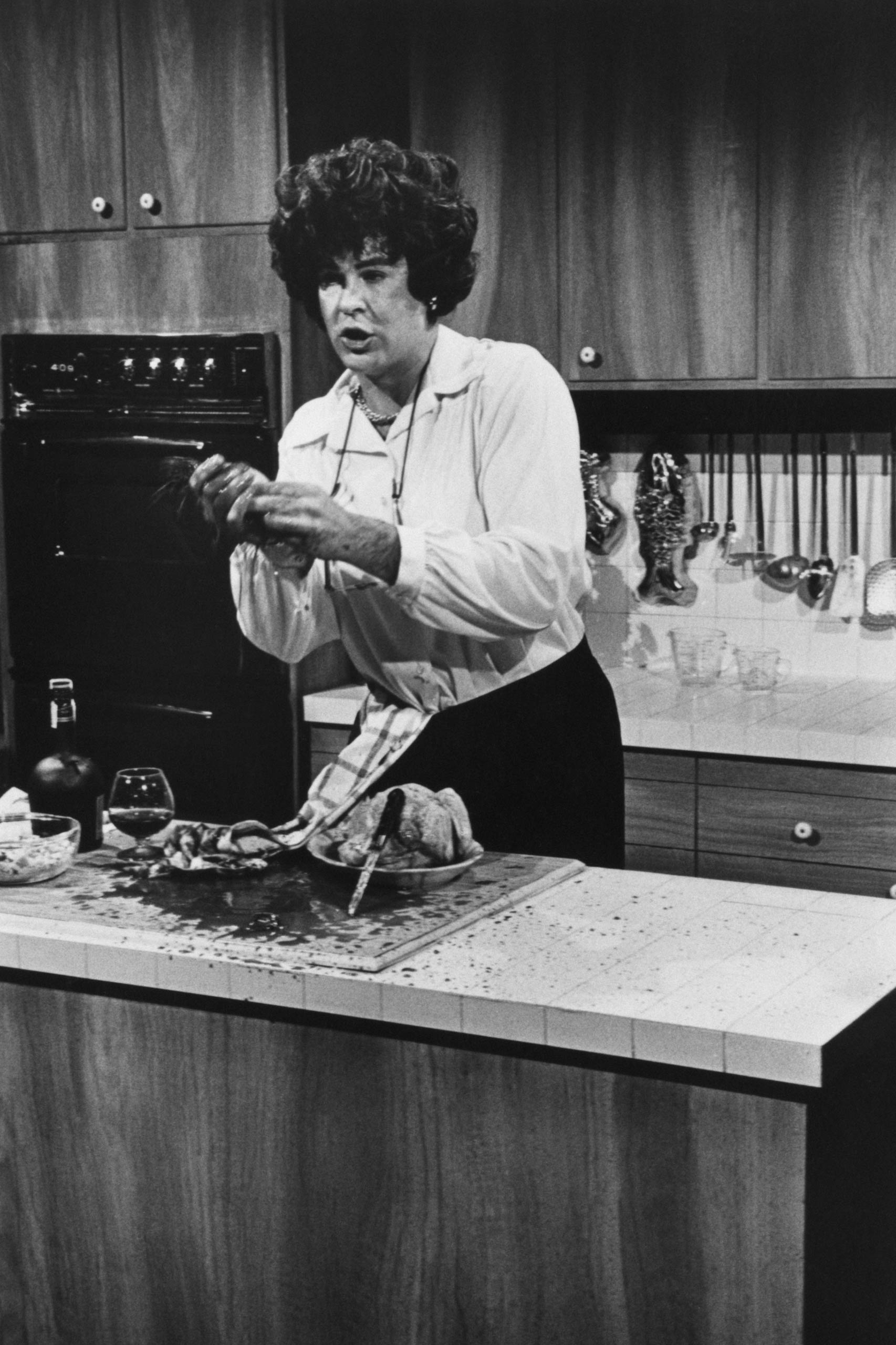
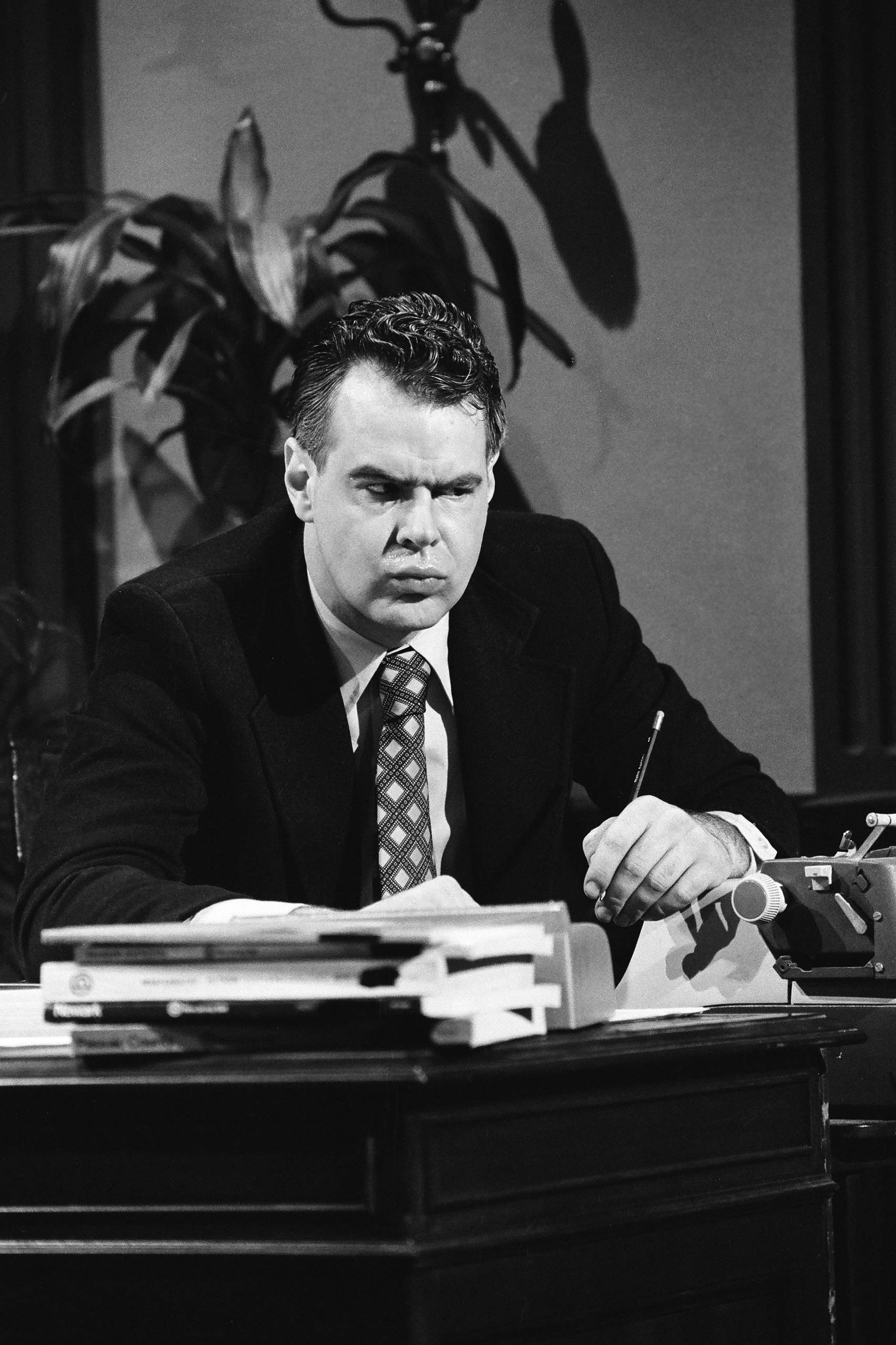
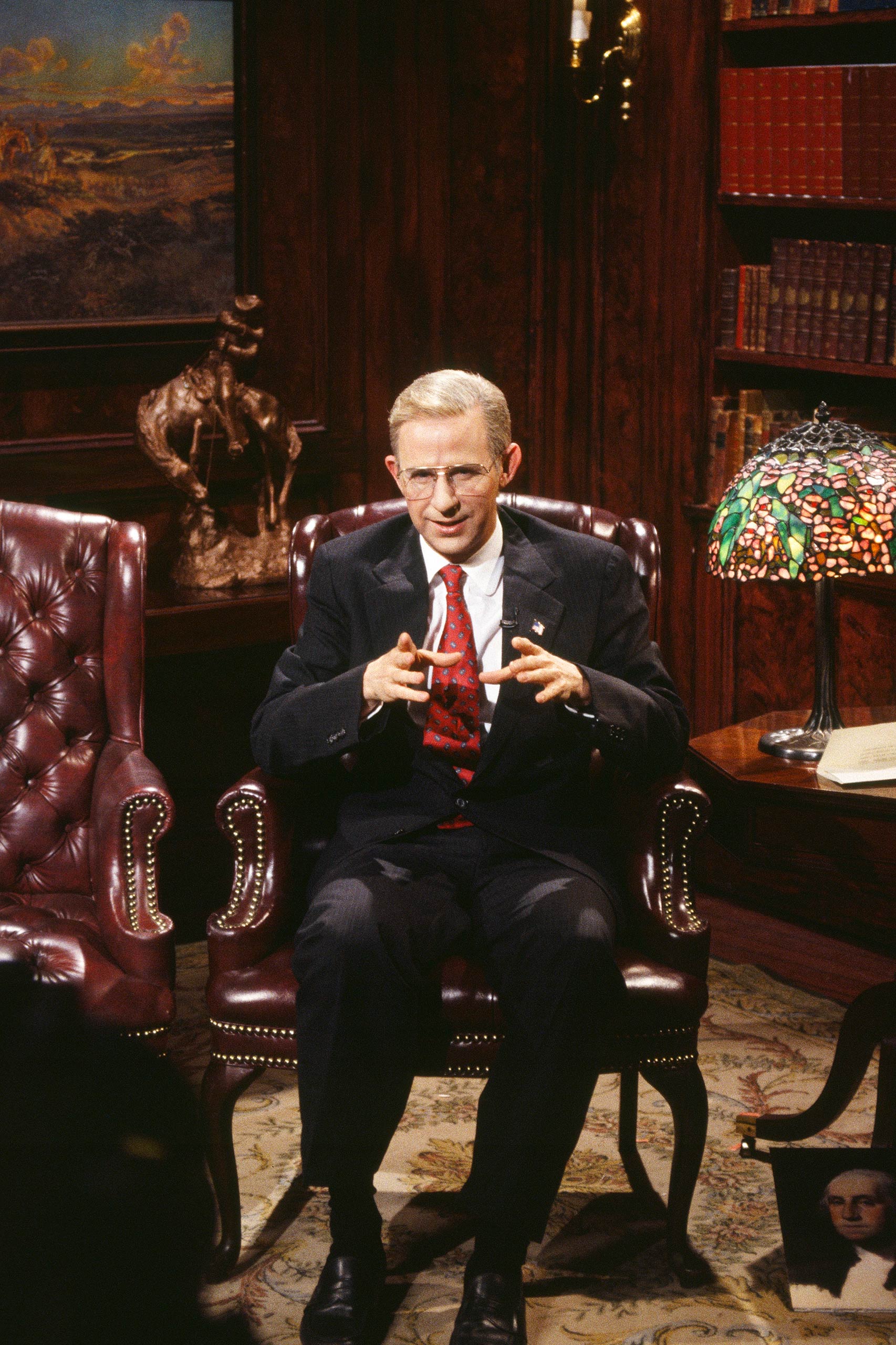
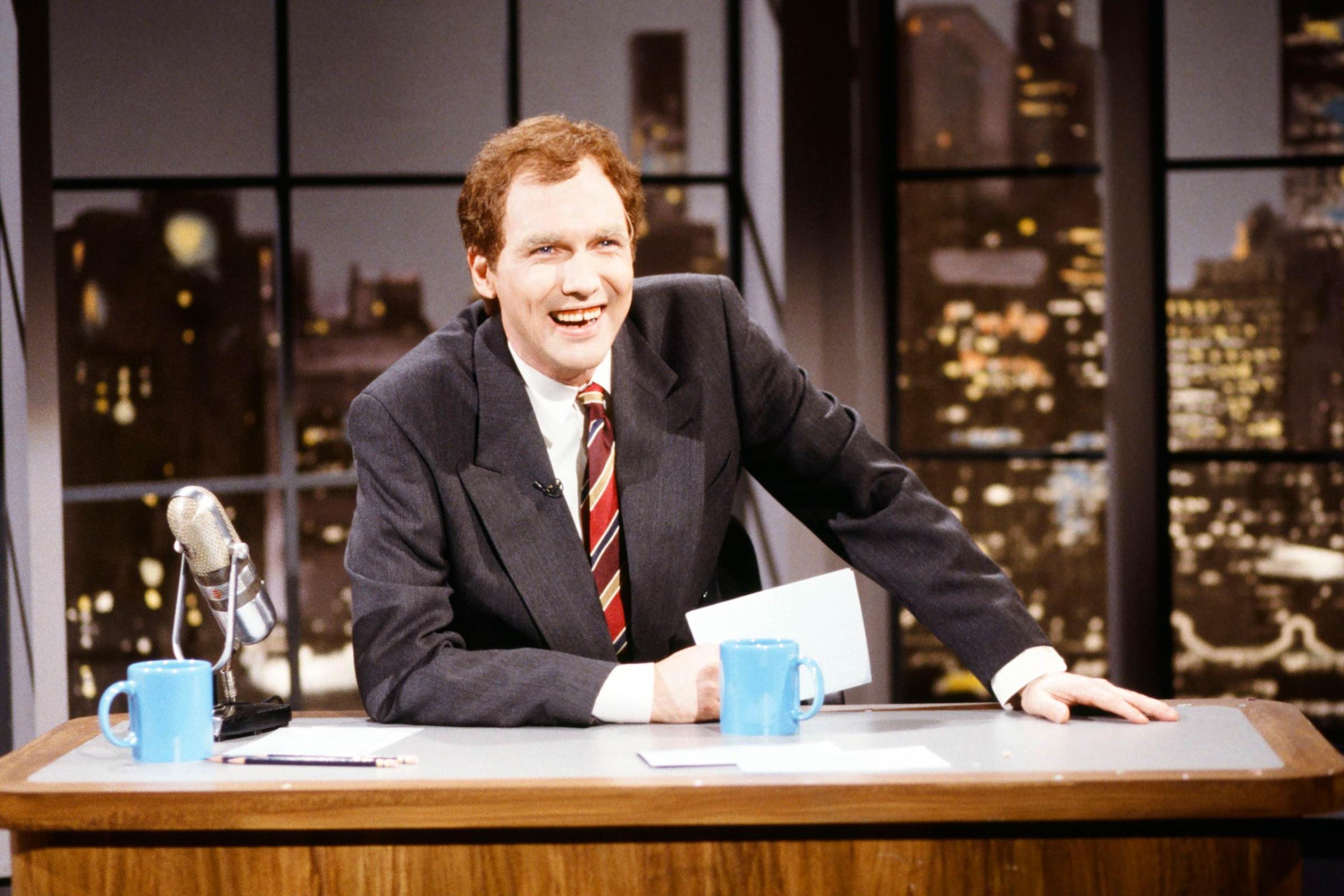
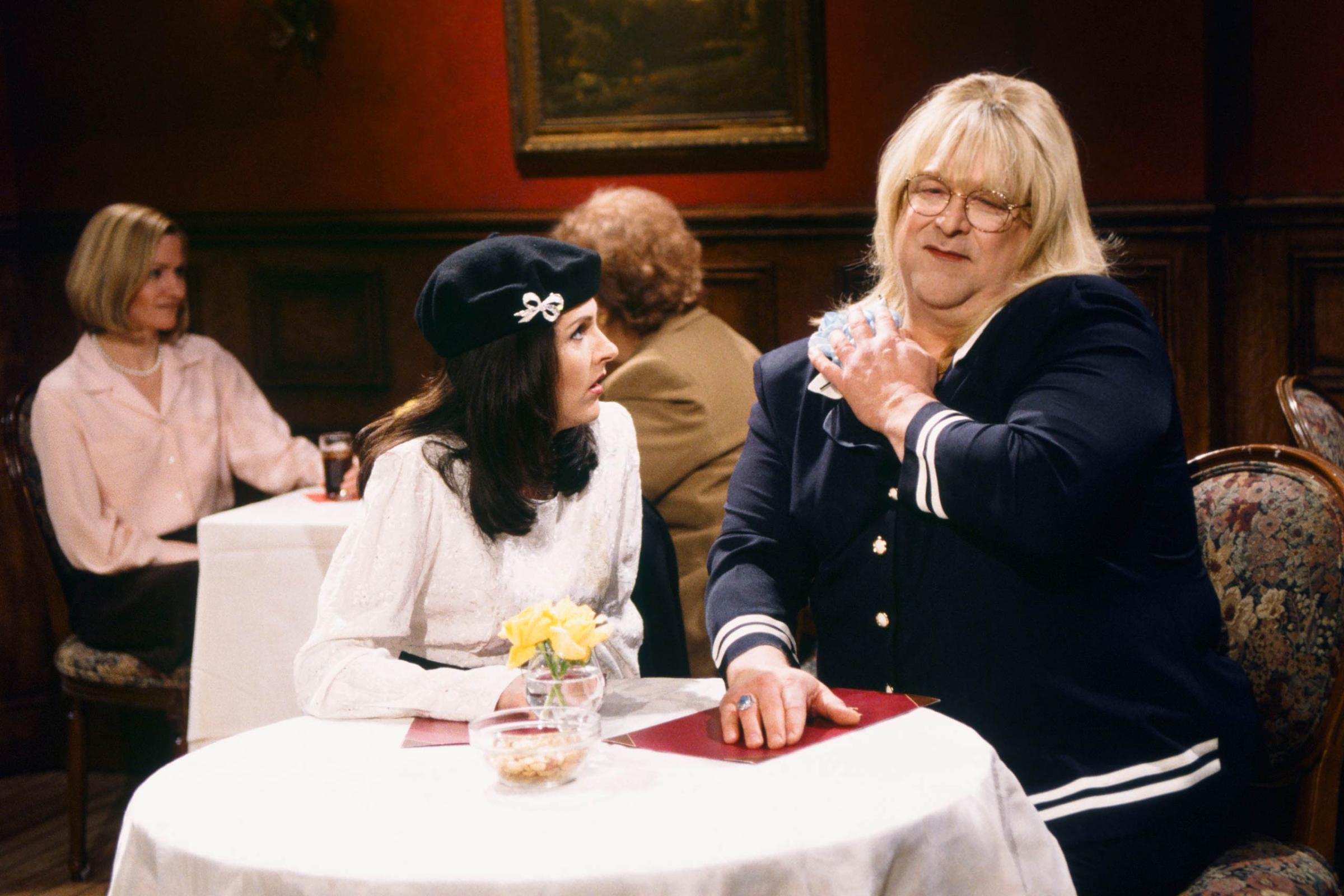
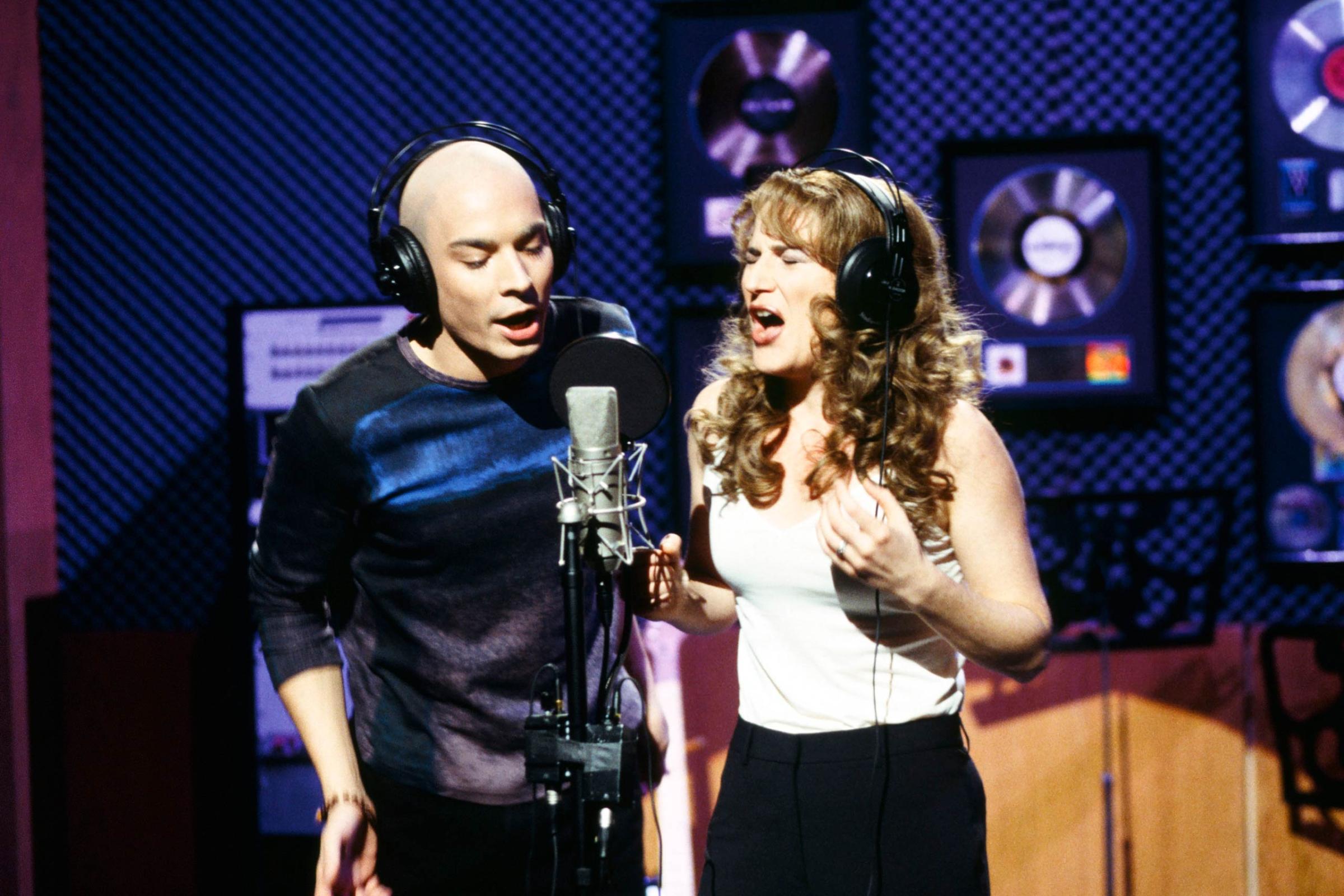
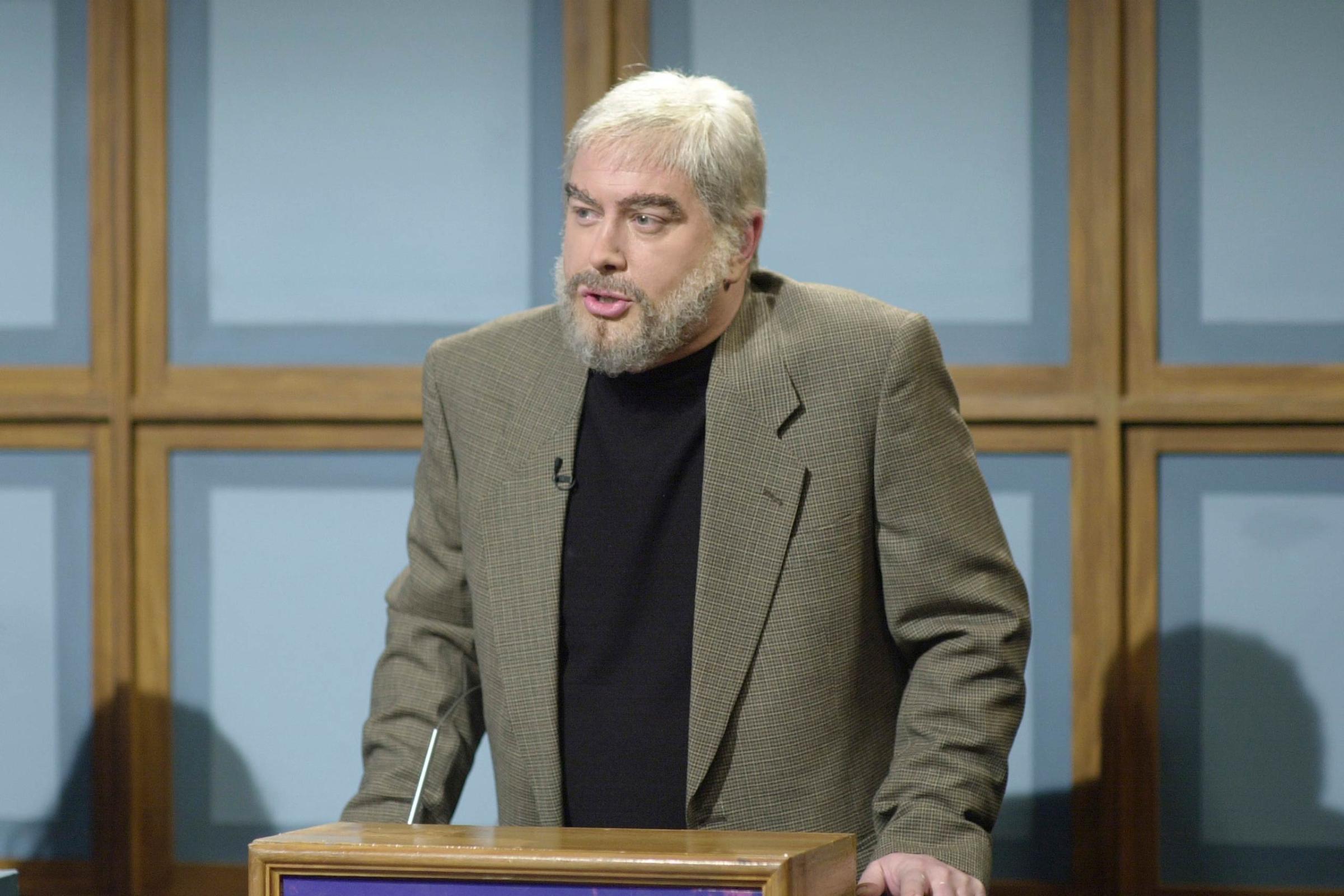
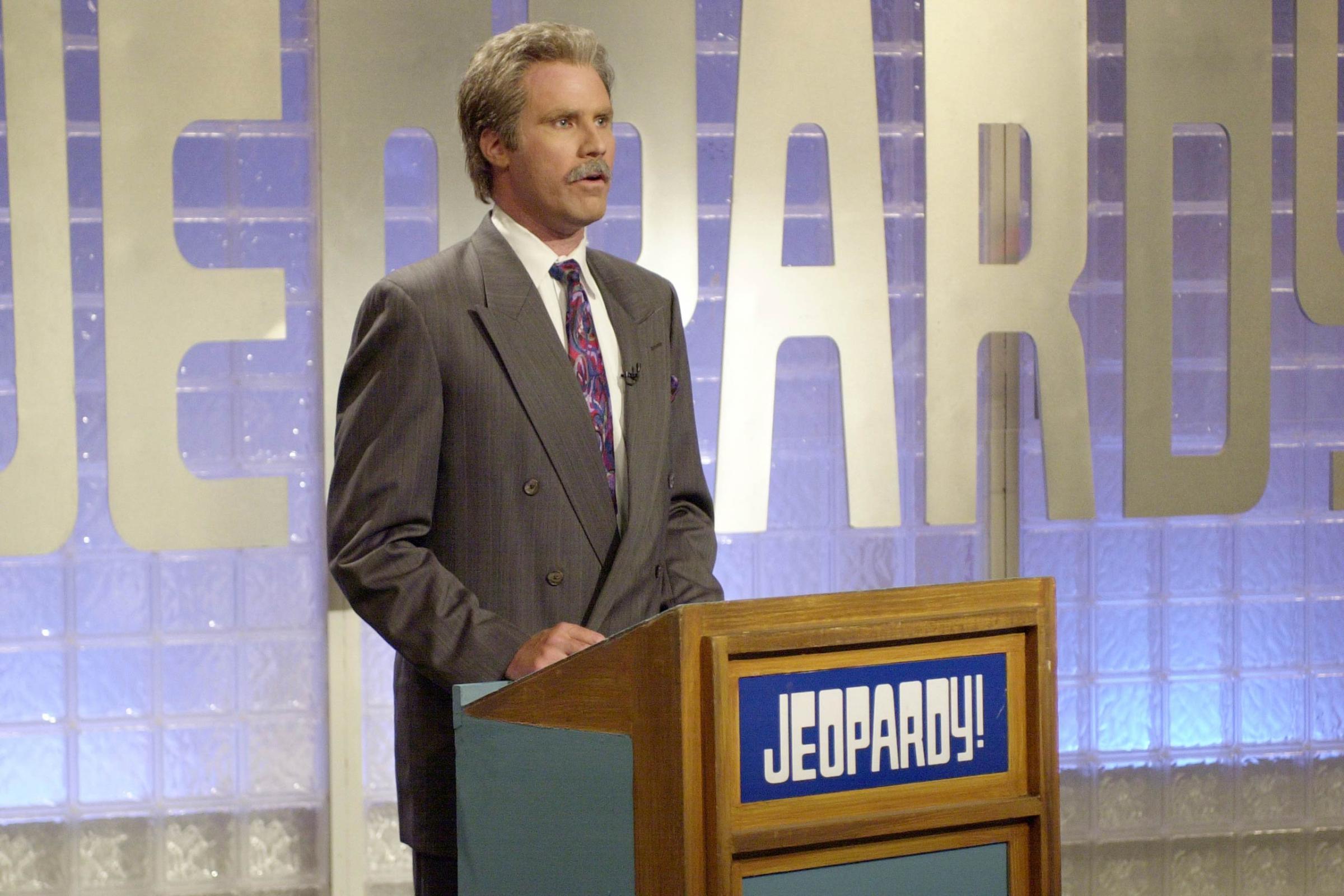
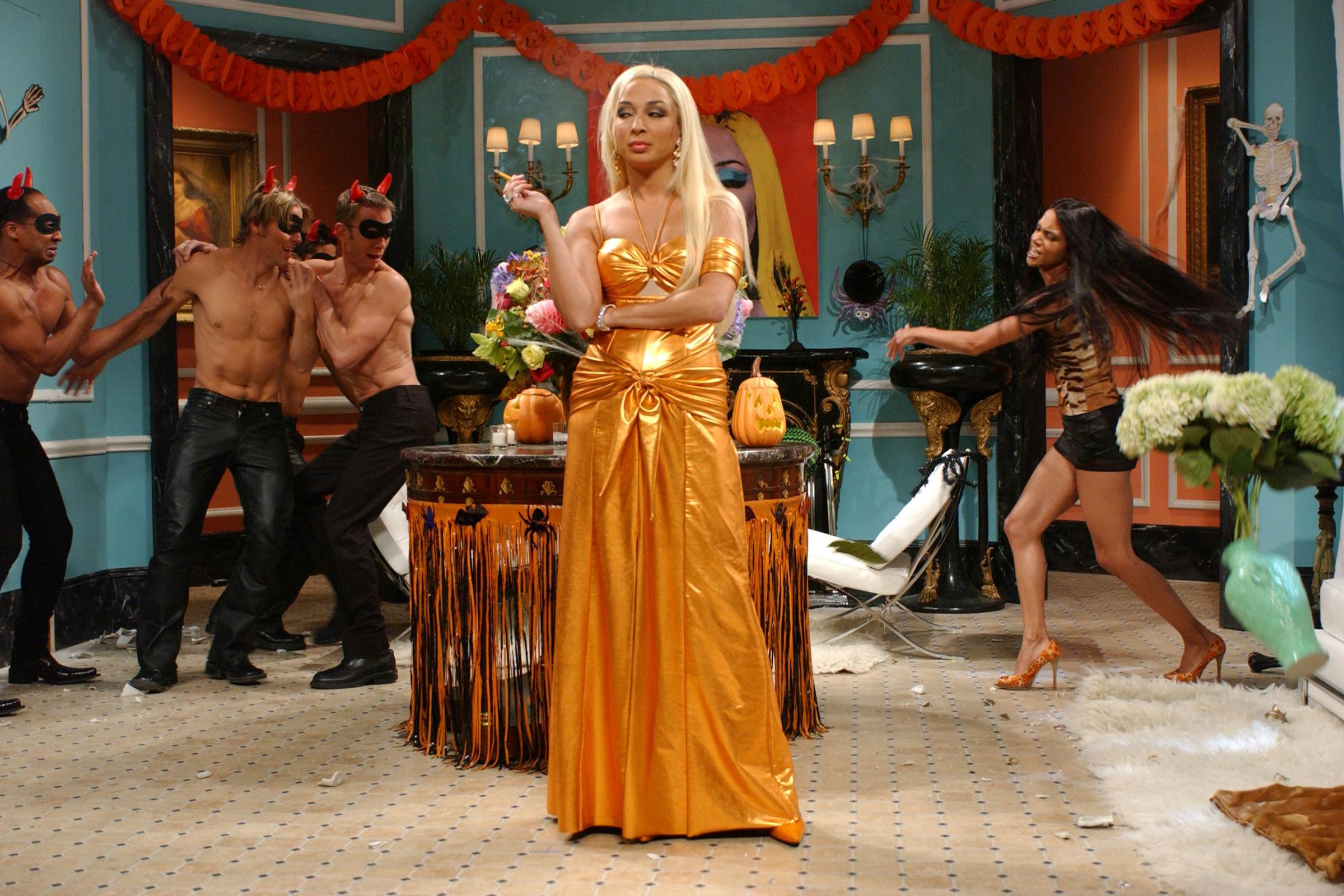
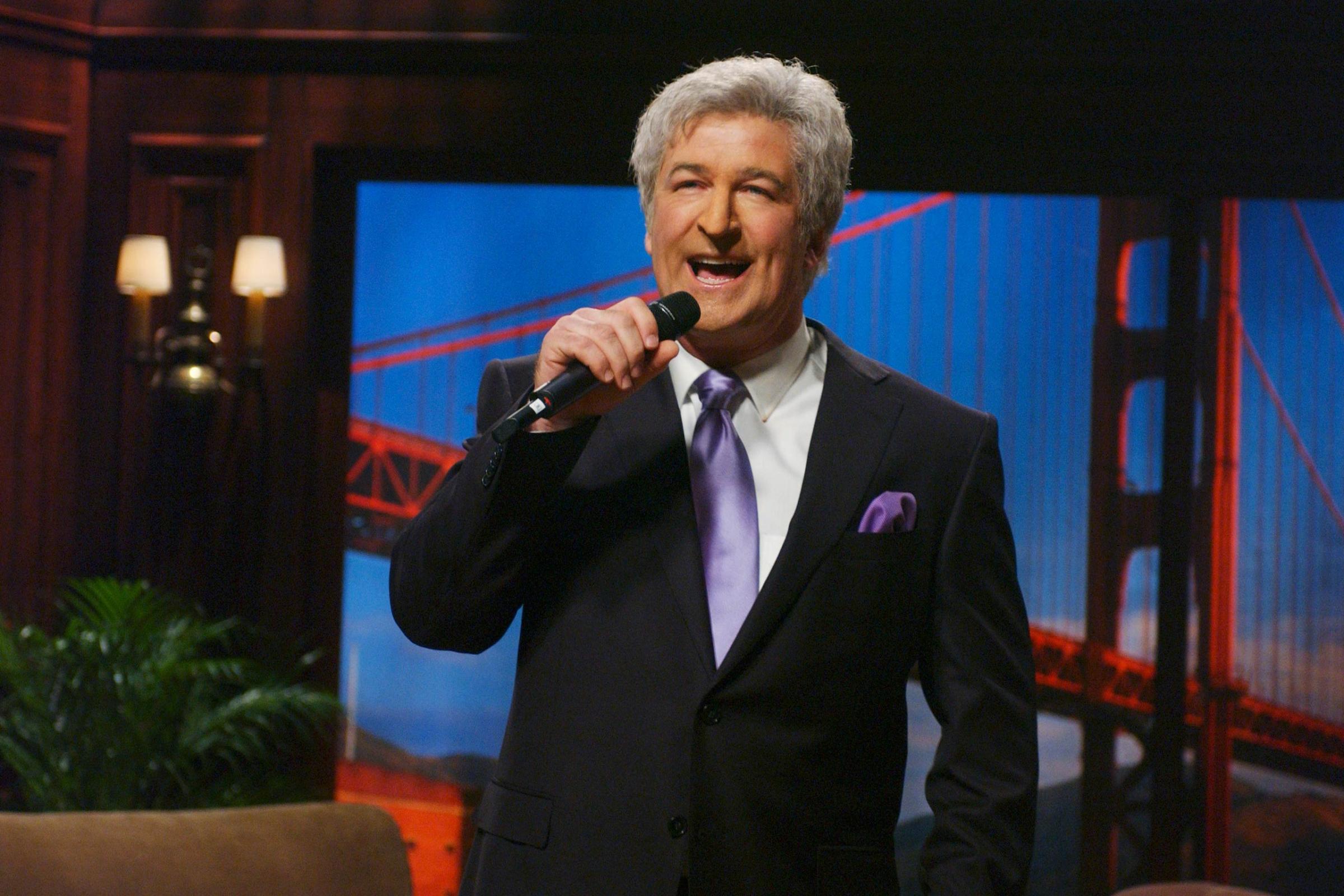
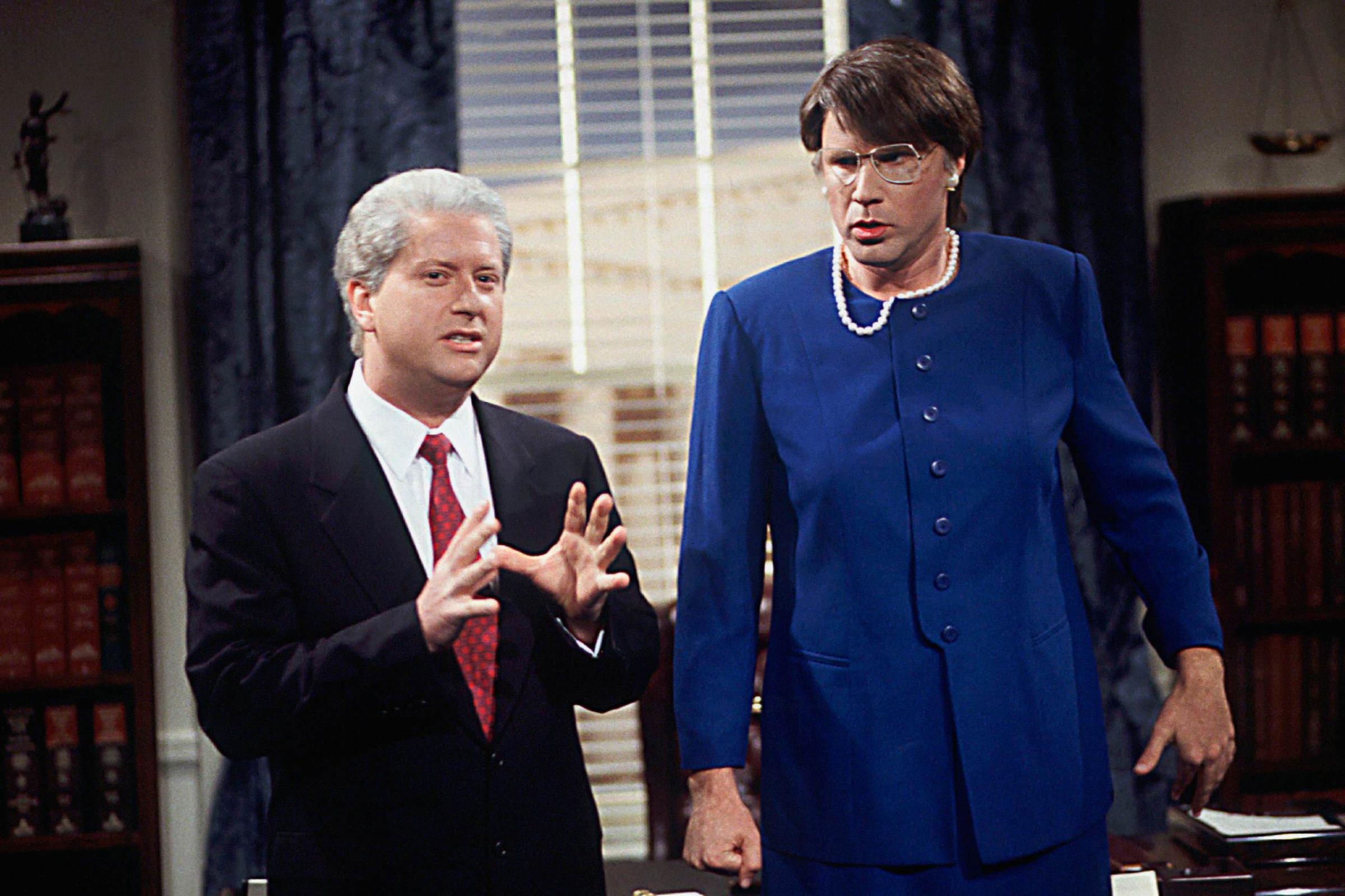
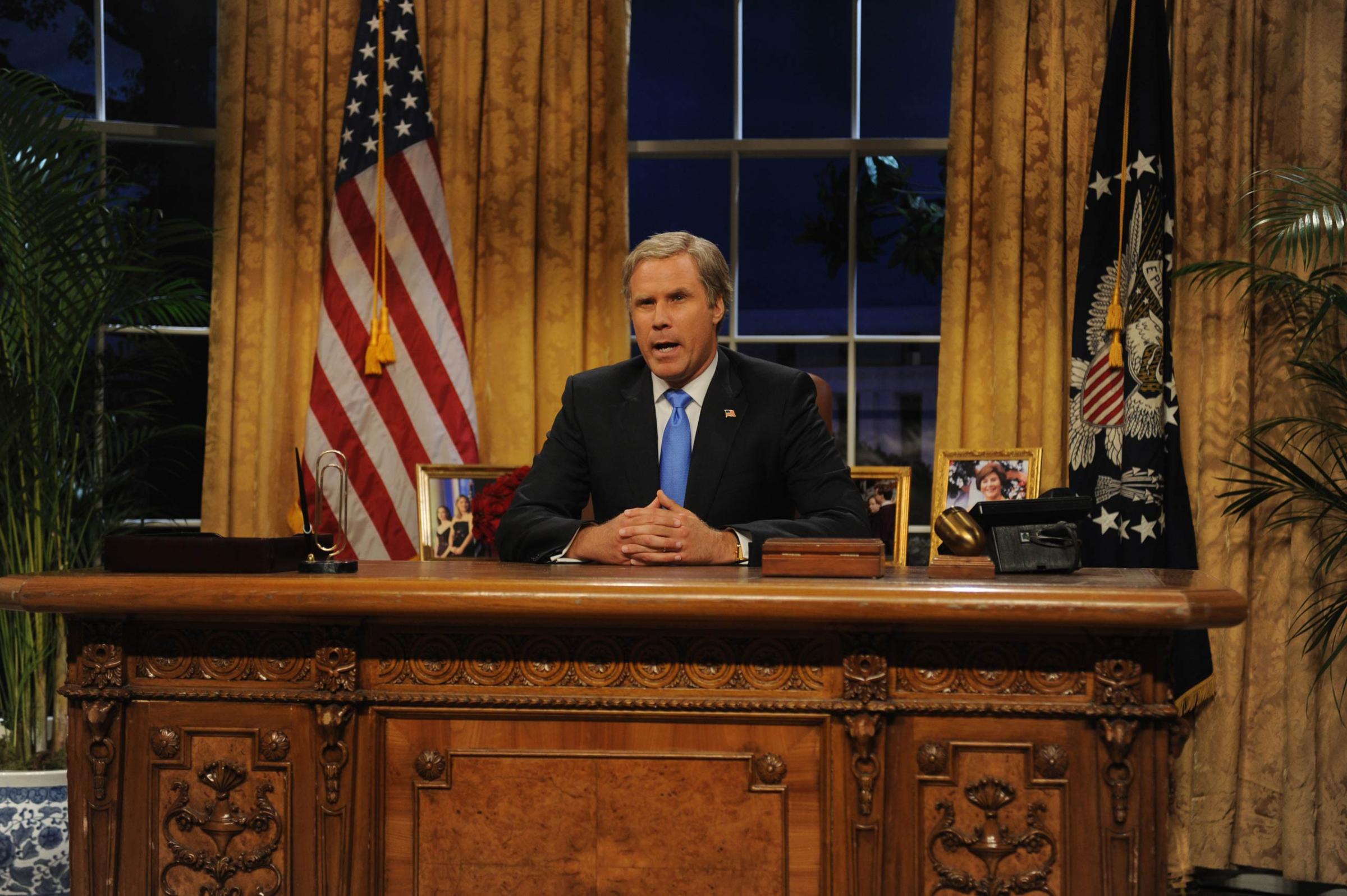
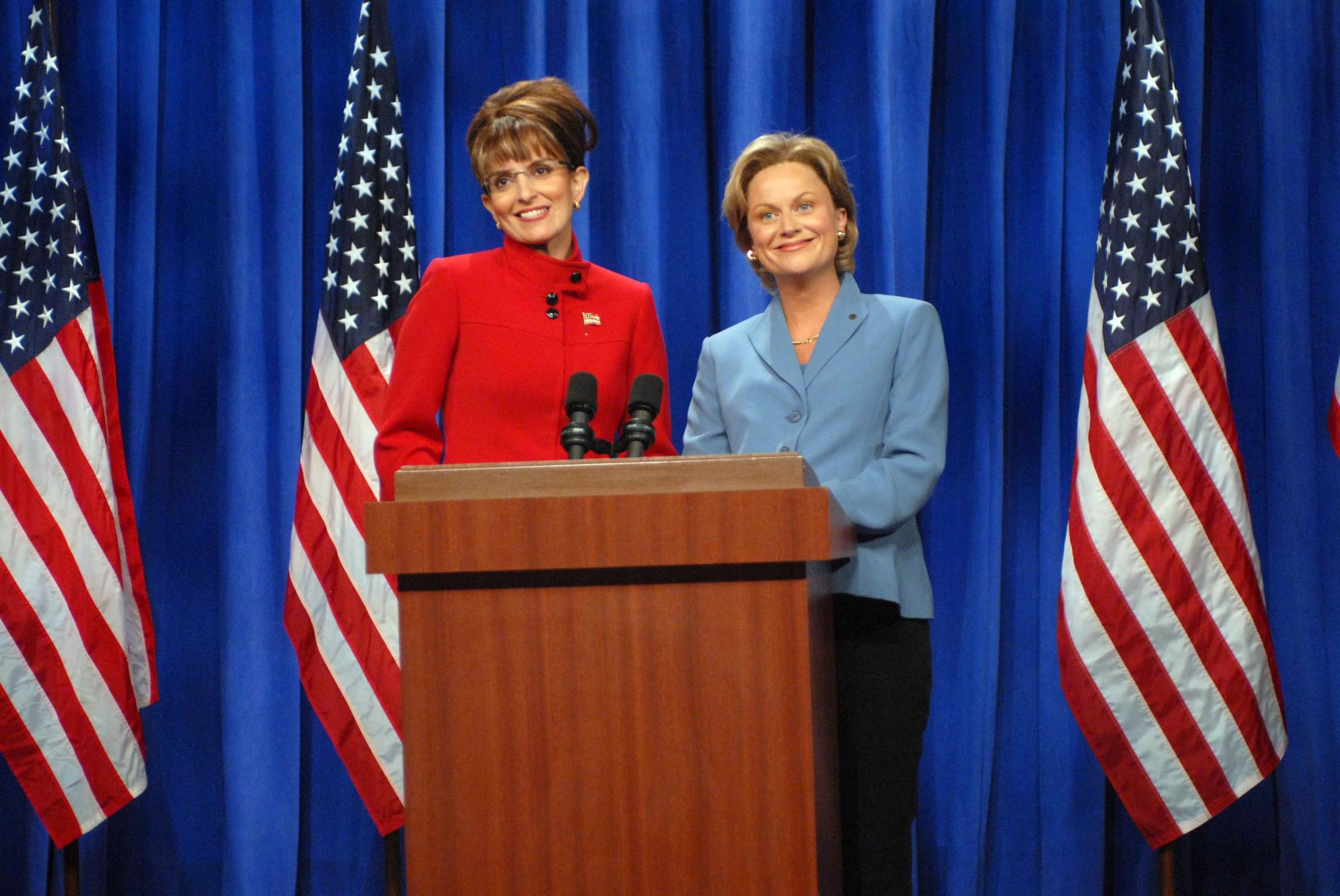
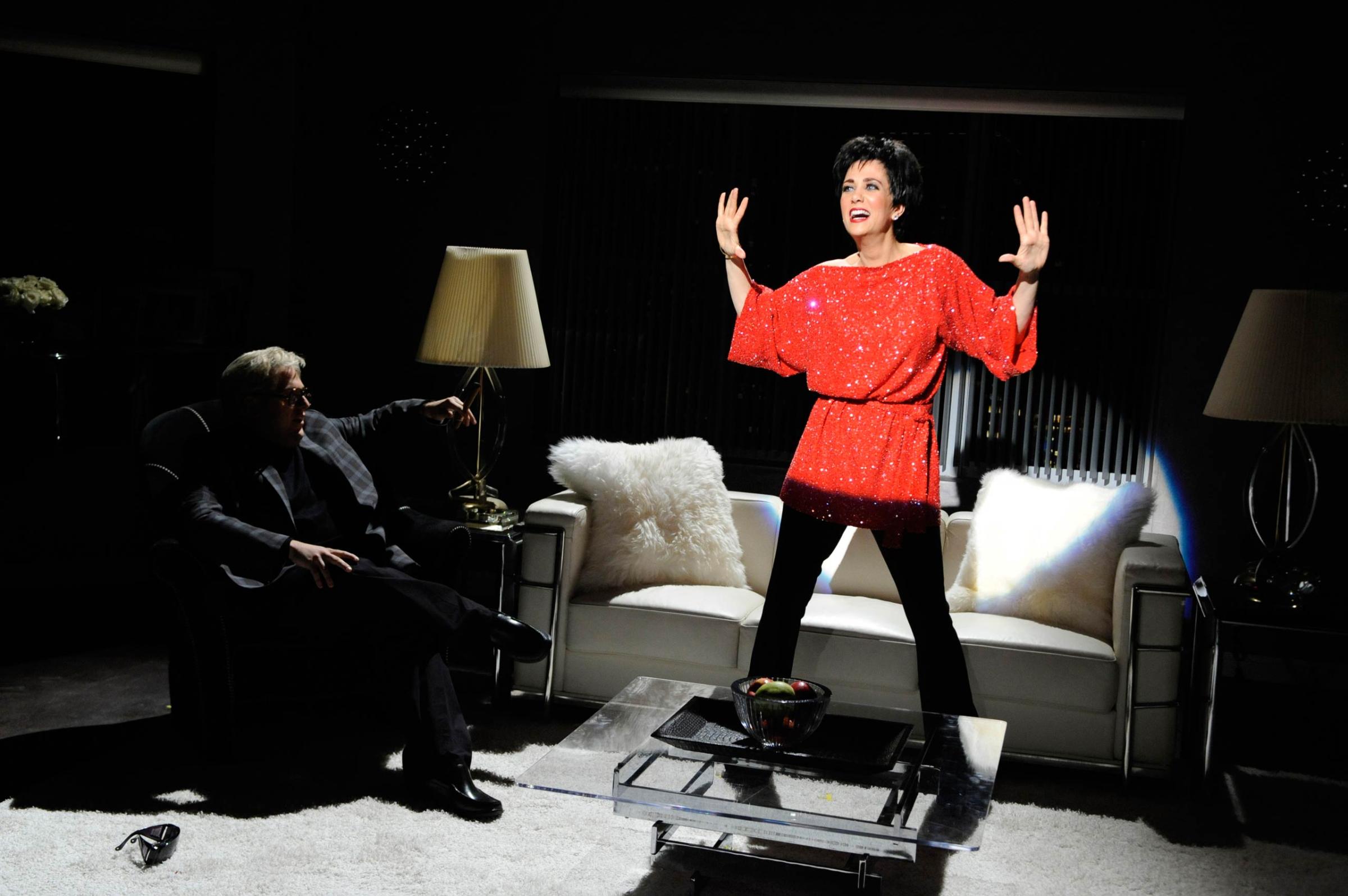
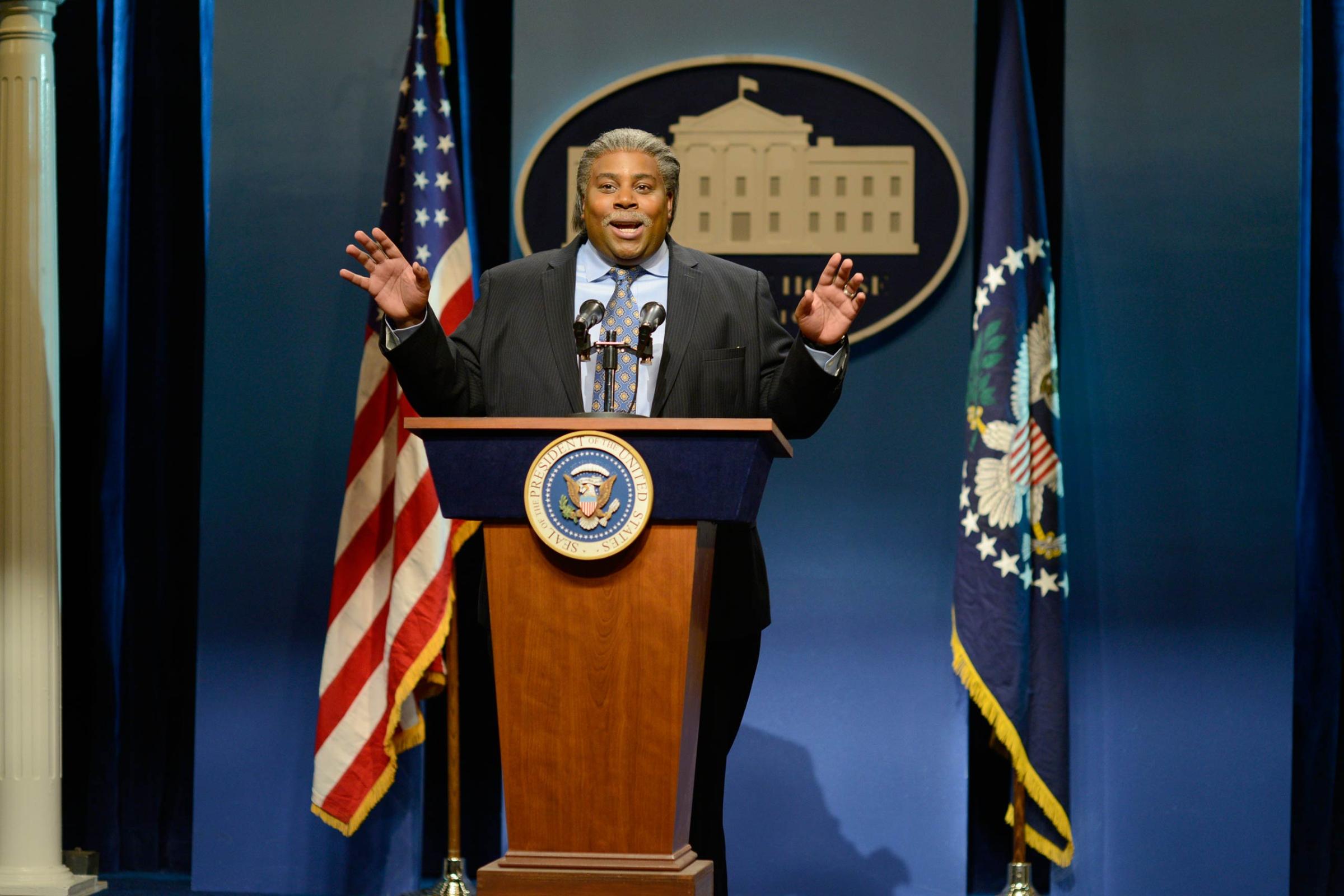

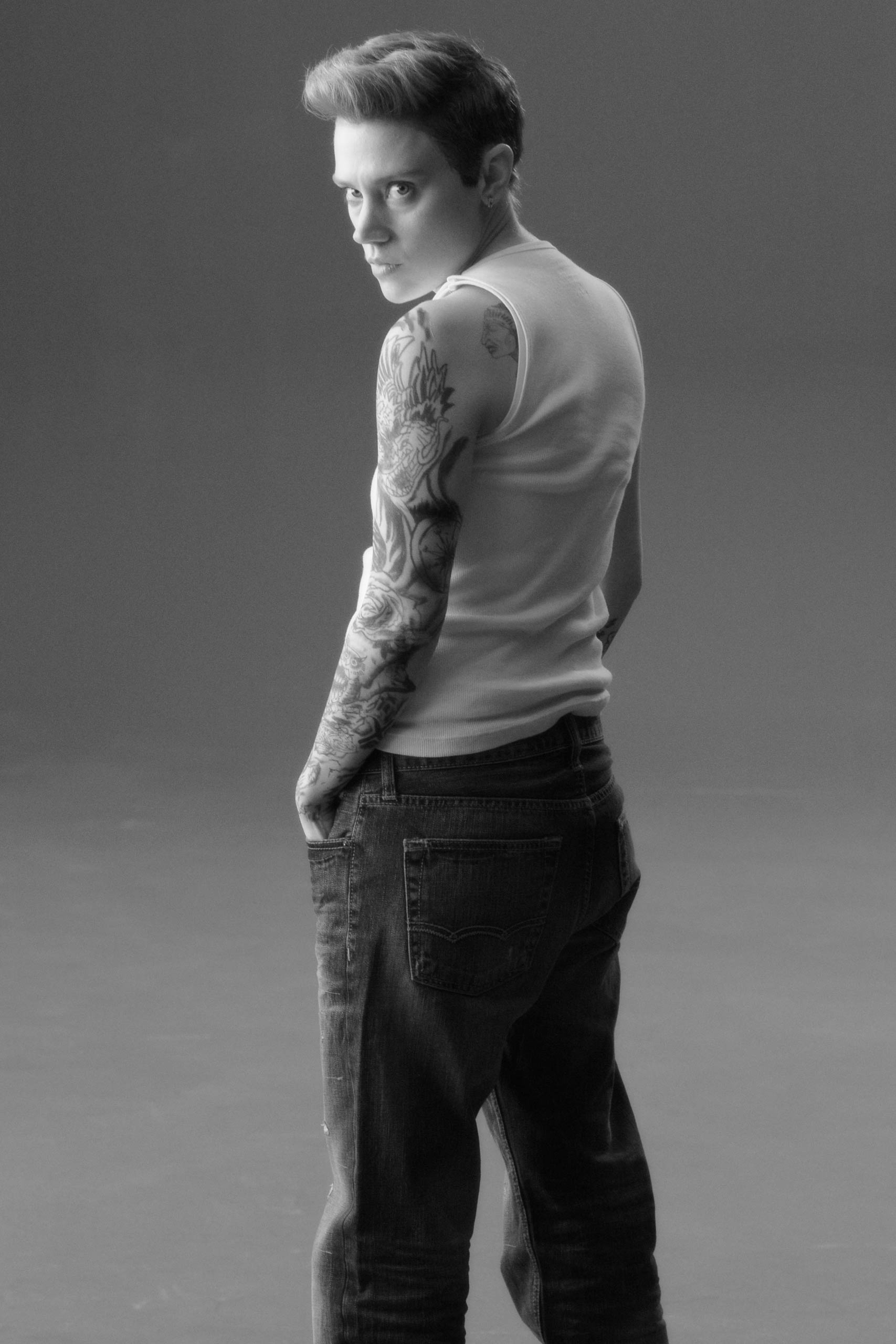
More Must-Reads From TIME
- The 100 Most Influential People of 2024
- Coco Gauff Is Playing for Herself Now
- Scenes From Pro-Palestinian Encampments Across U.S. Universities
- 6 Compliments That Land Every Time
- If You're Dating Right Now , You're Brave: Column
- The AI That Could Heal a Divided Internet
- Fallout Is a Brilliant Model for the Future of Video Game Adaptations
- Want Weekly Recs on What to Watch, Read, and More? Sign Up for Worth Your Time
Contact us at letters@time.com